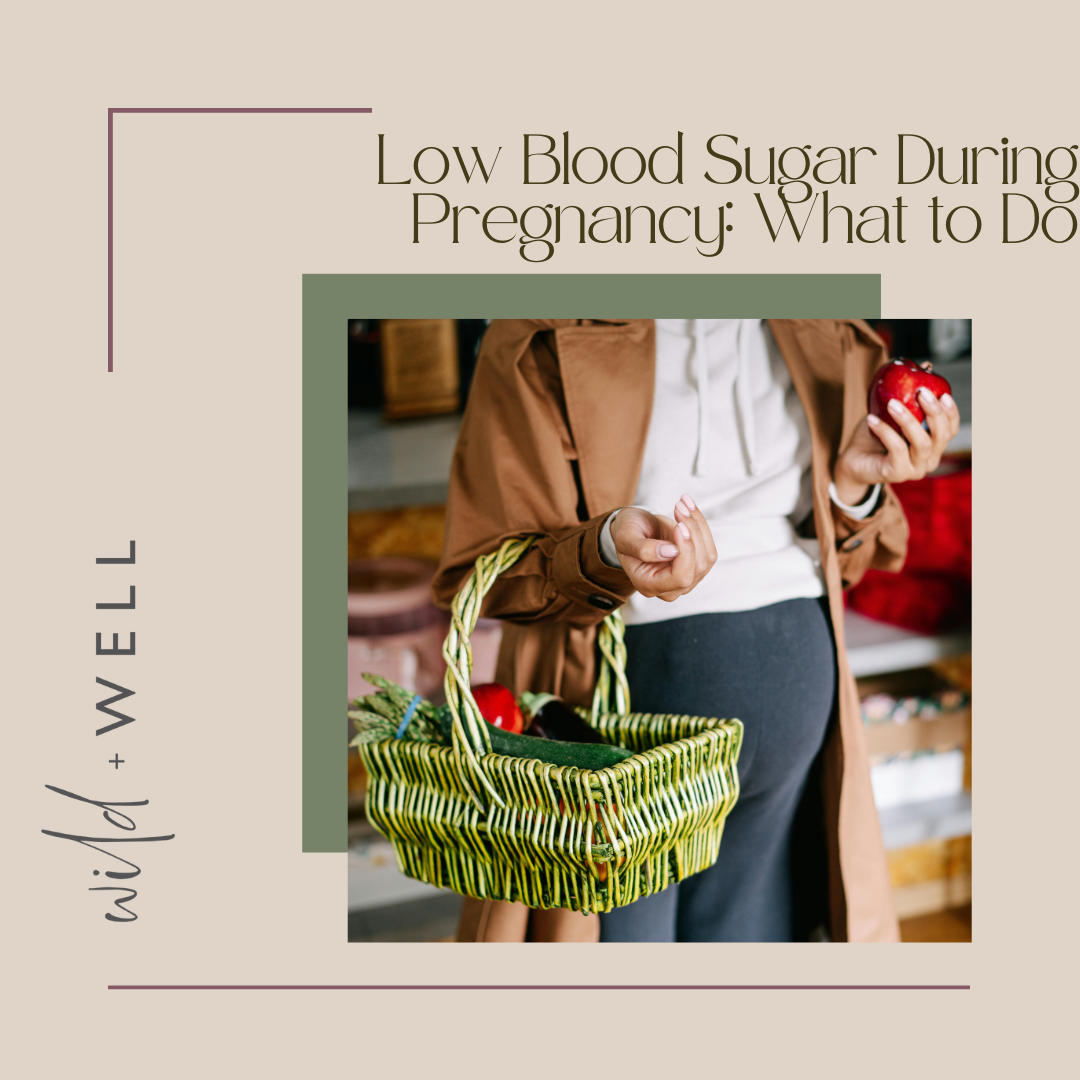My Most Asked Question: Will an Ancestral Diet Help Me Lose Weight?
When I transition women over to an ancestral diet to boost hormone health, I often get this question:
Will ancestral eating help me lose weight?
The answer is not a simple yes or no, which can feel frustrating—especially if excess weight interferes with your quality of life.
We need to change how we think about the ancestral diet and weight loss. Instead of asking if ancestral eating can help with weight loss, we should ask:
Will an ancestral diet increase my energy levels?
Can it help balance my hormones (eventually leading to better weight management)?
Can an ancestral diet reverse insulin resistance?
Will proper nourishment give me a better relationship with exercise?
Is my current restrictive diet powering my cells?
What nutrients do I need for my body to function optimally?
When we focus on weight alone, we miss many aspects of health. We might even encourage unhealthy habits.
Instead of putting all efforts into the number on the scale, my end goal is to…
→ Bring true nourishment and healing to the cells, systems, and organs in your body that are craving vitamins and minerals.
→ Increase your energy levels, so you can chase after your kids and enjoy exercise as a gift, rather than a punishment.
→ Help you create a sustainable diet that kicks your metabolism and hormones back into gear.
Jumpstarting your metabolism, hormones, and insulin management can absolutely help you lose weight. But keep in mind, weight loss is a byproduct of better systems and functioning within the body.
Table of Contents
Why We Gain Weight
A recent study showed that most girls have already been on a diet by the time they’re ten years old. And for most of these girls, this is just the start of a lifetime of body image issues.
Many of us have been told that weight gain is due to calories in and calories out. As a result, if we can’t lose weight, it must be due to a lack of willpower.
I don’t always find this to be the case.
Remember, our bodies are smart—and they are primal. Our cells and systems have a lot of self-protection built in. Assuming that calories in and calories out are the only factors for weight is incredibly naive.
Here are some other reasons we might gain weight:
Insulin resistance. If you have an overabundance of insulin, your body can send it into “storage.” Adipose tissue (aka fat) acts as a storage facility for insulin—so your body isn’t overrun with glucose.
Toxin exposure. Again, we have to look at fat as a storage system in your body. If your body is overrun with toxins, it can hide those toxins in fat tissue. This is a protective mechanism that keeps toxins out of your bloodstream.
Slow metabolism and under-eating. It may come as a surprise that eating less food might slow your metabolism—especially if you’re getting fewer calories. But let’s look again at survival. If your body feels starved, it may save up nutrients in fat tissue and burn through them as slowly as possible.
Hormone imbalance. Too much of one hormone (usually estrogen) may also be stored in fat tissue if the liver becomes overtaxed. This takes some pressure off the liver and gives your body more time to process excess hormones.
High cortisol. When we understand that our bodies are wired for survival, it makes sense that high stress could lead to weight gain. Just a few hundred years ago, high-stress situations were much more life-threatening than they are today. Increased appetite was connected to staying alive.
Hormonal birth control. Most hormonal birth control pills trick your body into thinking it's pregnant. This can cause excess weight gain as your body tries to save up nutrients for post-pregnancy needs.
Low-quality foods. Calories are not the same as nutrients. While many of us are eating high-calorie foods, these foods rarely meet our nutritional needs, especially for micronutrients. To capture the vitamins and minerals our cells need, we have to eat much higher quantities of food, which means more calories, and potentially, weight gain.
These are just a handful of reasons why your body might want to keep those extra pounds. In my experience, implementing an ancestral diet and nontoxic lifestyle is the best way to get to the root of unnecessary weight gain—and get your body back to functioning optimally.
The Benefits of Ancestral Eating
I recommend a primal diet for almost all of my clients. It’s a great way to cultivate a feeling of safety in the body while providing potent nutrients.
As you might have noticed, many root causes of weight gain have to do with the body’s primal wiring. The extra pounds are often a coping mechanism for a bigger problem.
Ancestral eating helps solve that bigger problem.
Here are some potential benefits of eating a primal diet.
Less stress. Sufficient calories and potent nutrients give your body a feeling of safety. This should help lower cortisol and reduce excess cravings. Plus, you’ll feel more like yourself.
More micronutrients. Typically overlooked in modern diets, these essential vitamins and minerals fuel your cells—leading to better energy and focus.
Healthier hormones. I often work with women struggling with infertility or nutrient depletion after pregnancy. A simple change in diet works wonders for their energy levels and hormone functioning. Hormones need ample nutrients in order to function properly—and most women are barely scratching the surface of these nutrients.
Blood sugar regulation. A primal diet includes less sugar and more healthy fats and protein, which are better for blood sugar regulation. While a primal diet helps get insulin levels under control, your body is freed up to focus on the root cause of your blood sugar imbalance.
Fewer cravings. Our bodies are extremely intuitive—and often crave foods related to nutritional needs. For example, a chocolate craving could indicate a magnesium deficiency. Eating more magnesium-rich foods should significantly reduce this craving.
We have to draw some connections here. Many of the bigger problems that primal diets help solve are also root causes of weight gain.
Rapid Weight Loss Isn’t Good Weight Loss
Celebrities, gym bros, and protein powder companies like to dangle rapid weight loss in front of us. Sadly, weight is often connected to self-worth, and we’re told that a quick fix could “help us get our lives back.”
However, rapid weight loss usually requires a calorie deficit, which isn’t healthy for most people—especially if your weight is connected to hormone issues or high cortisol.
Forcing your body into a further state of fight-or-flight might give good results temporarily, but it won’t fix the root problem. In many cases, it makes it worse (and you might even gain the weight back in the end).
Primal Diet vs. Calorie Counting
Here’s where a lot of people get tripped up.
Usually, a primal diet requires a lot more calories than you’re used to. If you’ve heard all your life that a calorie deficit is the only way to achieve weight loss, this rapid calorie increase can feel overwhelming and counter-intuitive.
It’s my job to help you understand how much your body truly needs these calories. Unlike a cheeseburger and fries, primal diet foods like beef liver, raw dairy, eggs, and grass-fed beef are packed with vitamins, minerals, and other nutrients your body needs to keep your metabolism functioning.
These missing nutrients and extra calories may be exactly what your body needs to jumpstart healing. And they might be the reason your cravings are out of control when you stick to low-calorie diets.
A Primal Diet Can Help You Get Your Life Back
I’ve seen a lot of my clients return to homeostasis with their weight after implementing an ancestral diet.
But what’s more important is that I’ve seen them get their lives back.
They experience better sleep.
No more brain fog.
Increased trust in themselves.
Energy they didn’t know they had.
I see weight gain as a symptom of a bigger problem, not a root cause.
Once we address the underlying issue, everything else falls into place.
Whether your weight gain is the result of a poor-quality diet, slow metabolism, high cortisol, or toxin exposure, we need to prioritize treating you, not your symptoms.
Want to learn more about primal diets, how they work, and what foods you need for success?
YOU MIGHT ALSO LIKE...









